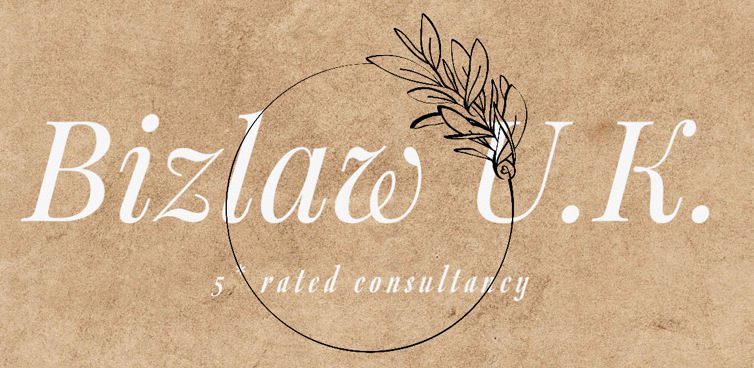|
Getting your Trinity Audio player ready...
|
International Trademark
- The global marketplace and structural changes have been of vital importance for international trademark and have made it possible to file worldwide. Today, in various countries, the protection of International trademarks has made Companies aware of their value to strengthen their recognition and long-term viability.
Options when filing an international trademark:
The Madrid Protocol filing:
- An important change in trademark law has been introduced by the Madrid Protocol, which allows your trademark to be requested for international registration. This International trademark application allows you to get broader protection. It is, in fact, possible to obtain an operating monopoly in one or more of the 123 member countries. These companies signed up to the agreement and protocol, via a single filing with the World Intellectual Property Organization (WIPO). These members represent more than 80% of world trade, with potential for expansion as membership grows.
- Under this Protocol, trademark owners must file their mark with the home country’s trademark office for international registration. And then they must indicate the prior-filed home country application upon which the international application is based. Filing both simultaneously and having them be identical is also an option. For example, registering an American trademark, the applicant must register their mark in the United States (USPTO) with respective procedures. They can then continue with a WIPO filing under the Madrid Protocol for other nations.
Filing in the EU only:
- Two different International trademark systems coexist, the “National system” for filing in only one country and the “European system” with the EUIPO. The latter is the most used by companies for the whole of the EU filing when they do not trade outside the EU as one cannot file for a mark if one does not intend to use it in a certain territory or class.
1. The traditional approach: the National system
- A company might intend to use its International trademark in a single EU country or a non-EU country. This is probably where its activities are taking place at any given time, such as in the U.K. after Brexit. It is possible to protect its trademark with the relevant national IP office. This is the national route. Due to the principle of territoriality, the national brand will provide protection only in that country.
- It is essential to present, register, monitor, defend, and renew these national trademarks in each country in which their protection has been requested, which significantly increases the costs of registration and maintenance.
2. The European approach: the EU brand
- The European Union is more than a set of 28 countries; it is also a single market. This means that the member states have eliminated customs barriers among themselves and introduced a common customs policy. For this reason, most companies decide to obtain protection for their trademark in various EU member states. This happens where they carry out their activities or market their products. The national and whole EUTM systems are complementary and operate in parallel with each other.
Benefits of registering a European Union International trademark:
- A single registration is valid in all EU Member States.
- EU trademark confers its owner an exclusive right in every current and future EU member state at a reasonable cost.
- It allows you to protect your brand in a market of almost 500 million consumers.
- An EU mark is valid for 10 years. For consecutive 10 year periods, you may renew your registration indefinitely.
- If there are no oppositions, EU trademark applications can be granted up to 4 months from the filing date.
- After Brexit, an EU agent will be required instead of legalizations or powers of attorney.
- It reduces the costs of translation into each of the different languages of the EU. You can apply for an EU trademark in English.The Office itself will translate the application into the official EU languages at no additional cost.
- There are no grant fees (application fees only).
Once the UK leaves the European Union, trademark owners will have to register their trademarks in the UK separately. This is if they want their rights to be protected in this jurisdiction. The UK authorities will however ensure that all pre-Brexit EU registered trademarks will continue to have protection within the UK. Post-Brexit, we can still help you, working closely with our affiliates for the EU.
Please contact us at help@bizlawuk.co.uk to see how we can help you register a trademark in the UK and internationally for your business or visit www.bizlawuk.co.uk to see how we can help with your business in the UK.




